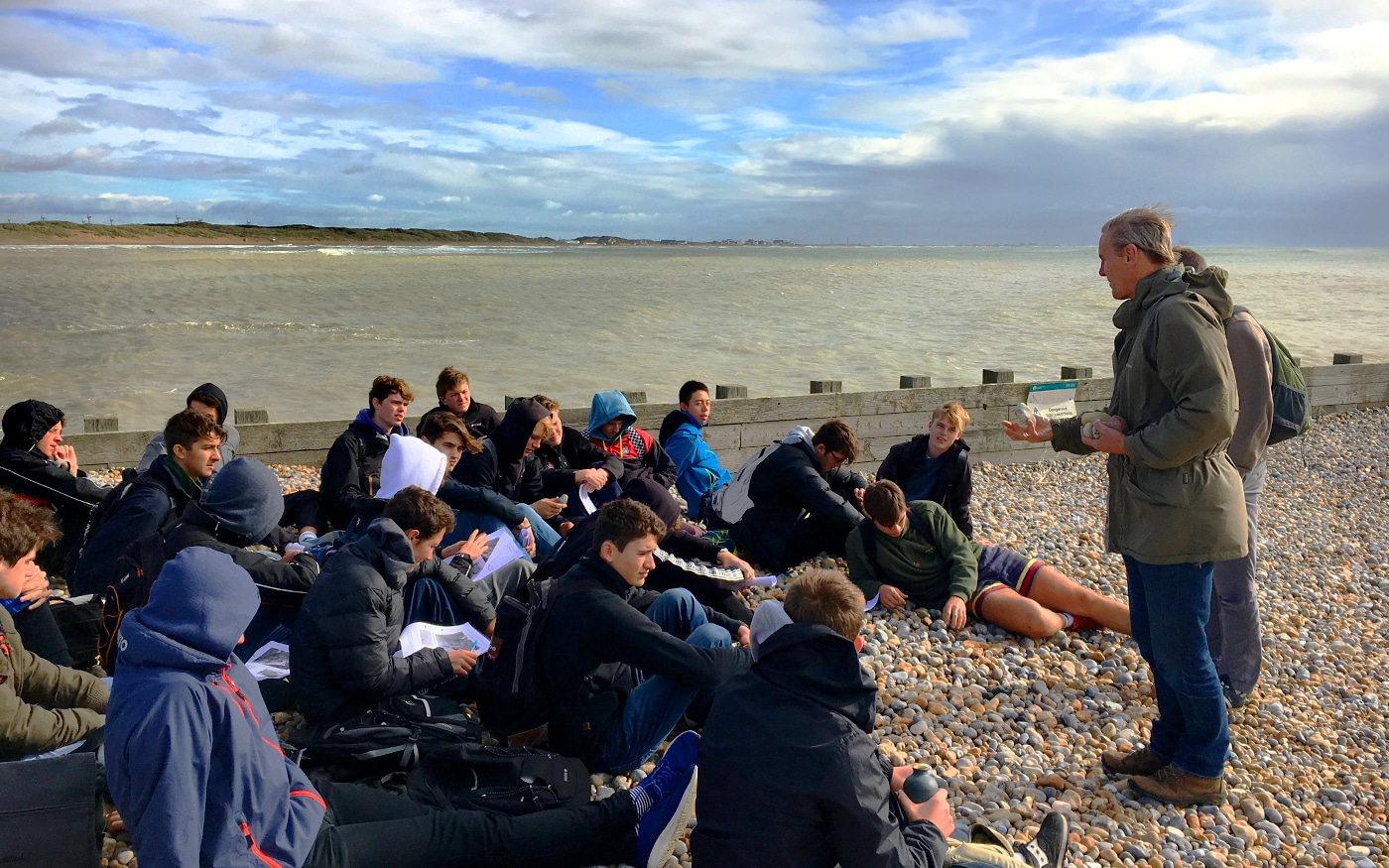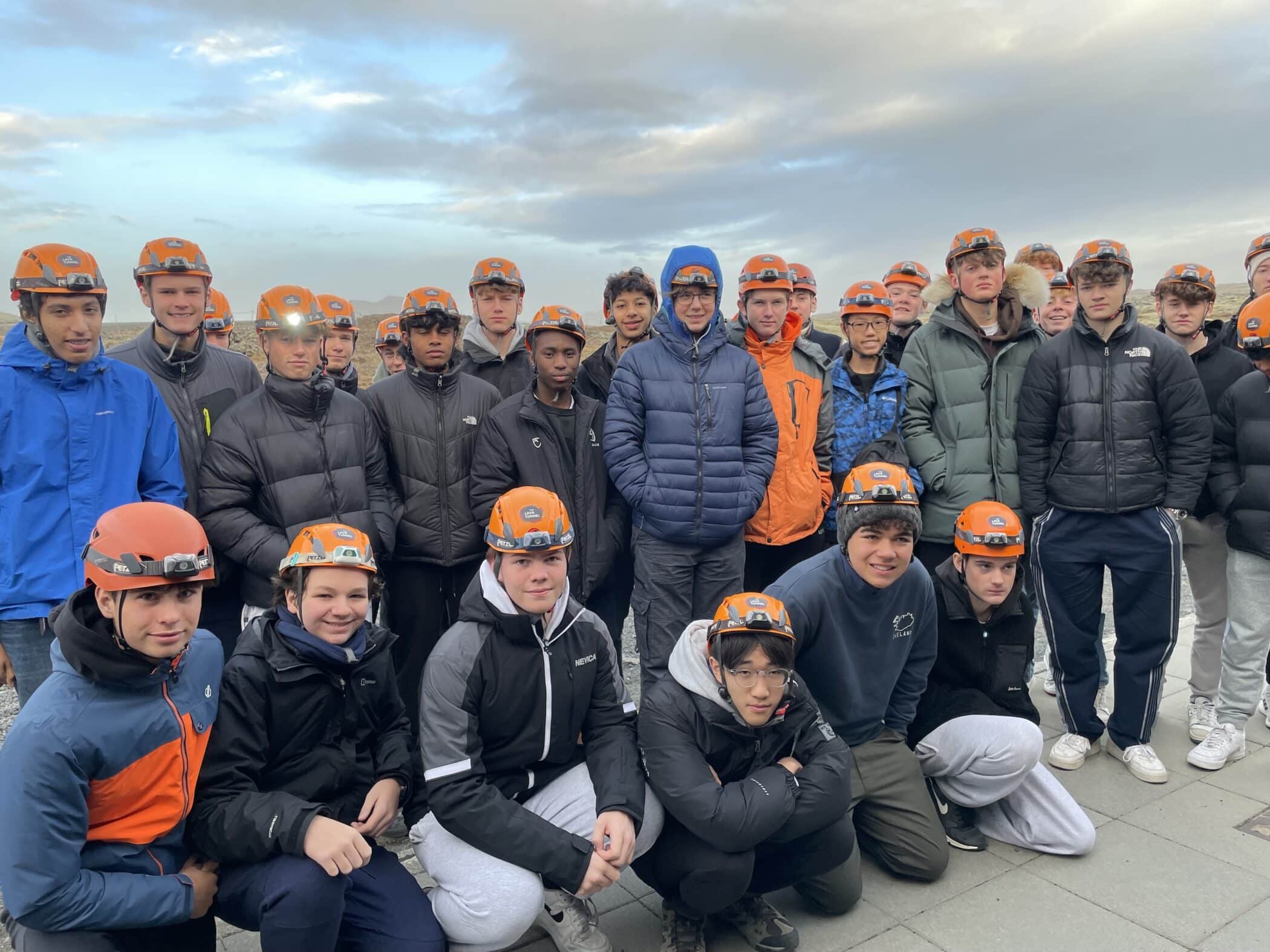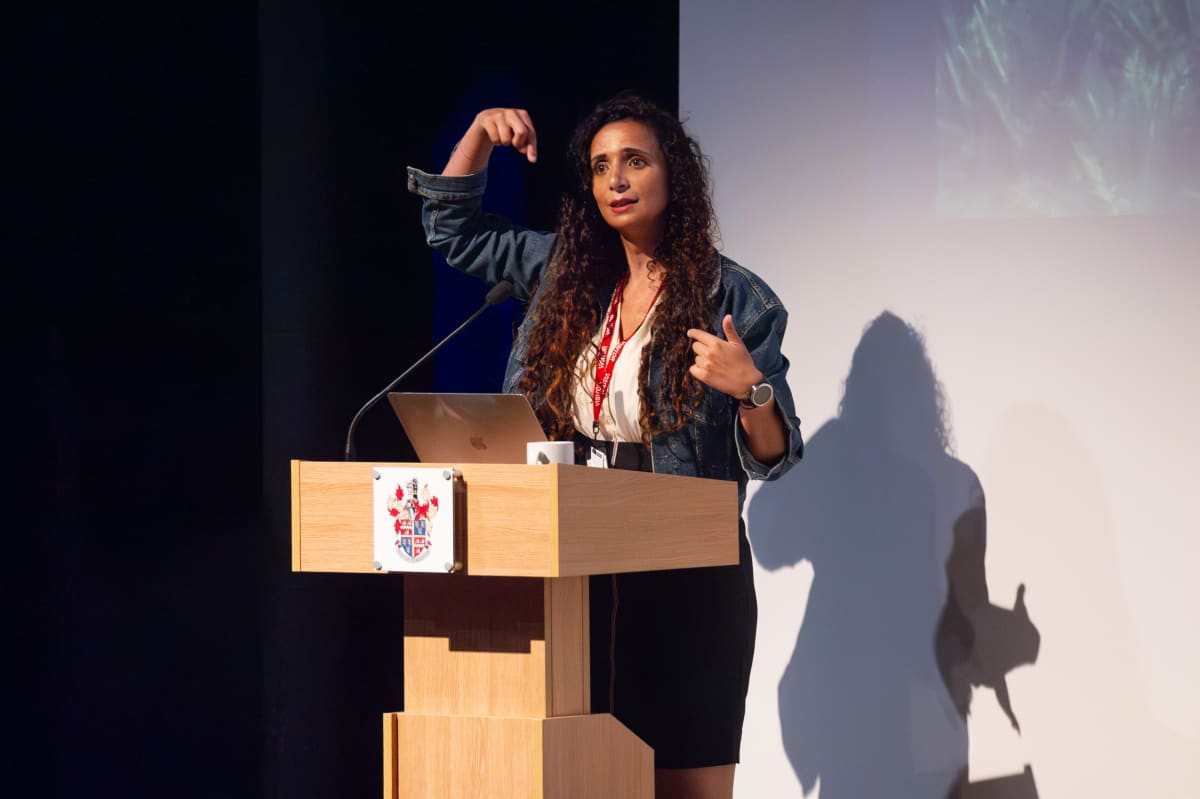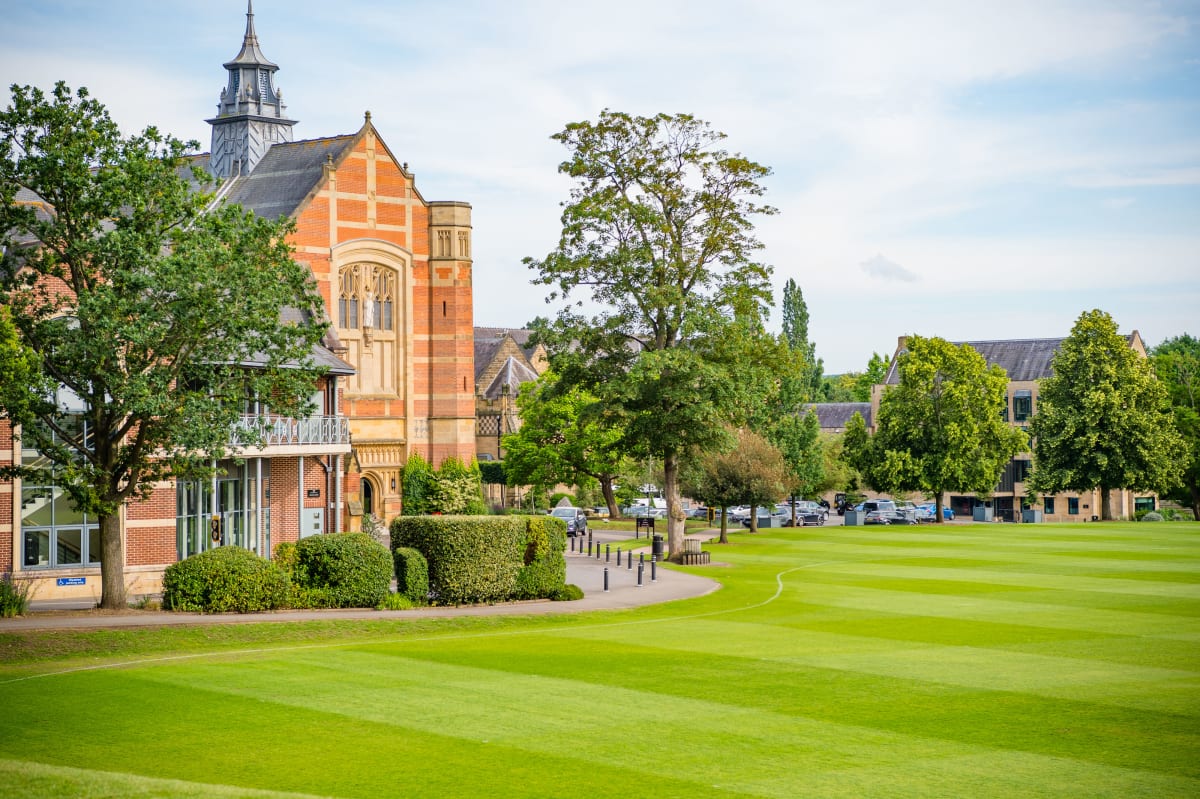Geography is the only academic discipline to pursue an understanding of the interaction between humans and the physical environment and, as such, the scope of the subject is wide.
On the one hand, for example, geographers explore the territory of the astrophysicist, analysing the influence of cycles in the orbit of the earth on climatic change while, on the other, they might trespass on the territory of the economist and the politician, analysing patterns of inner city urban deprivation. So many of the challenges facing society today, such as resource depletion, population explosion, urban sprawl, migration and racism, global warming, deforestation, hazard mitigation and so on, can only be understood fully through the ‘wide angle lens’ of a geographical education.
Geography graduates have highly sought after skills, too. They are literate (they write essays and dissertations), numerate (they carry out statistical analysis) and use computers (eg GIS). They also learn in the field. For our Novi boys we run an annual overland trip with a local girls’ school to the Ardèche, a limestone region north of Marseille in France. They learn about the impact that rock type has on landscape and human activity, whilst enjoying the opportunities and challenges the limestone provides through caving, climbing and exploring the world famous limestone gorges by canoe.
At IGCSE we focus on data collecting skills in the local environment around Tonbridge. Once boys reach the Sixth Form, they visit the London Docklands to study multiple deprivation and urban renewal in Tower Hamlets and compare sand dunes and salt marshes on the coast at Rye. There is also a longer residential trip offered every two years, aiming to expose students to fascinatingly different geographical locations from the UK whilst attempting to minimise the carbon footprint. Recent trips have been to Iceland and Morocco, and the next is likely to explore volcanism in the Azores.
There are regular evening extension classes aimed at Sixth Formers who are considering Geography, Earth Sciences or Land Economy at university. These start as a set of teacher led seminars on subjects as diverse as identity and Britishness, the production of nature, the geological history of the British Isles, and postmodernity. These sessions then develop into pupil-led seminars which have recently included topics such as ghettoisation, sustainable cities, earth science dating techniques, Milankovitch cycles and the role of globalisation in ancient civilisations. The focus is on stimulating debate and touching on areas of university geography which do not feature in A Level specifications.
Head of Department









